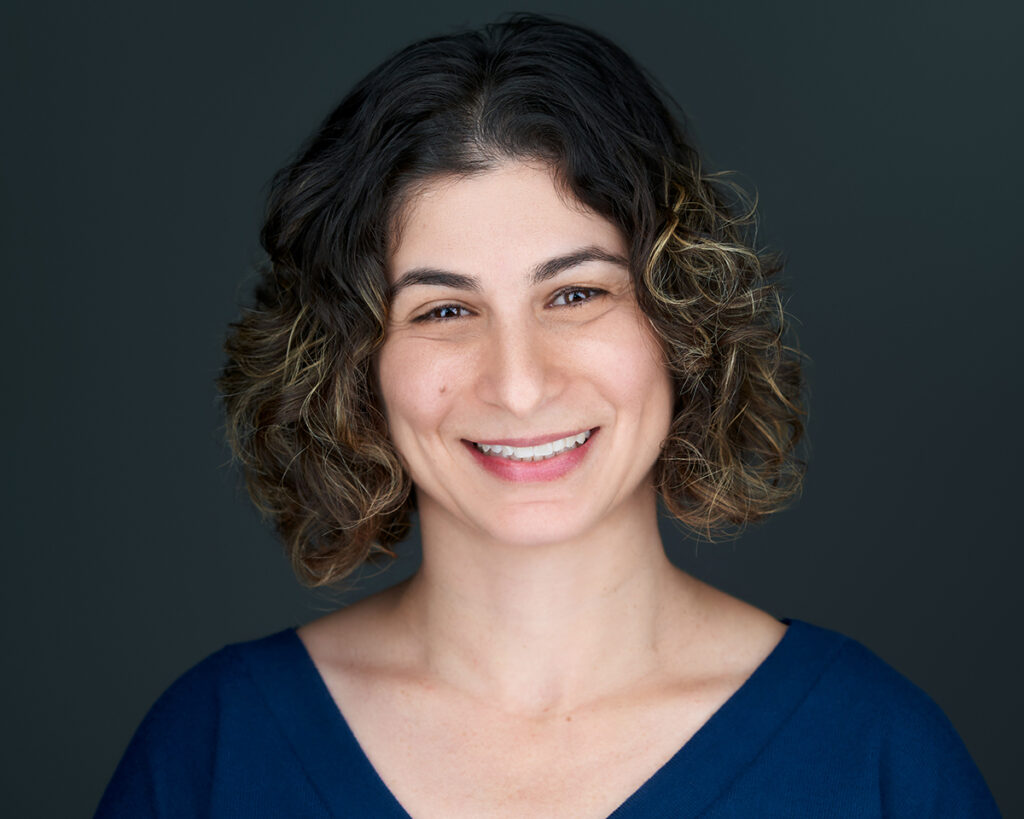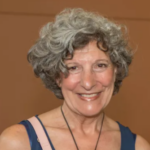Jaclyn Greenberg spent 13 years working as a tax accountant and thought it would be her forever career.
But after her middle son was born with multiple disabilities, she stopped doing paid work to be a full-time, stay-at-home mom. She also became an active advocate for accessibility and inclusivity for her child and family.

Her life changed again during the pandemic when her husband started working from home and all three of their children attended school online. A memoir class she’d signed up for become a sanctuary. That sanctuary turned into a way to get paid to write when Greenberg sold an essay about the connection between viruses and disabilities.
Today, Greenberg covers parenting, accessibility, inclusion, travel and personal finance, and is querying a memoir. Her work has appeared in the New York Times, CNN, Wired, HuffPost, Parents, and Good Housekeeping.
I caught up with the Tri-state area resident recently to find out more about how she balances writing and advocacy, how she approaches inclusive language, and how ASJA has supported her entrée into the freelance writing business. The interview has been edited for clarity.
How did you go from accounting to writing?
In college, I studied accounting. I got my certified public accounting license, a masters in tax, and was a tax accountant for 13 years. I thought it was the profession I would be in forever. Then I had three children in four years. My middle son was born with multiple disabilities and had a multitude of medical and therapy appointments. My youngest child also has a disability. I wanted to keep working, but faced challenges managing my family’s needs and my job. I was lucky we could survive on my husband’s income, so I resigned to support my kids full time.
For the next six years, I was a stay-at-home mom. Juggling three kids was hard. I dealt with so many accessibility and inclusion challenges, from professionals who didn’t understand my son to inaccessible public places. I was frustrated and, even after years of therapy, needed an outlet.
In January of 2020, right after my youngest child started kindergarten, I took a local, in-person memoir writing class. Two months later, because of the pandemic, we were all home, with three kids in three separate rooms for virtual school, and my husband on his computer upstairs. My writing class was my only outlet, and something I Iooked forward to each week. Because a virus I caught when I was pregnant caused my son’s disabilities, my teacher suggested that I had a timely essay. That article was published, and I fell in love with writing and sharing stories.
Over the next couple years, I took many writing classes where I learned how to share clear and compelling stories. I also took classes about pitching and went to conferences to learn how to get my stories out there. Each year, I take on more, especially now that my kids are tweens and teens.
Being a member of ASJA was the springboard for my new career.
Jaclyn Greenberg
What topics do you like to cover, and do you do other work too in order to pay the bills?
I mostly write about accessibility, inclusion, disability, parenting, mental health and personal finance. My passion lies in telling my story so other mothers don’t feel as lonely or frustrated with the system as I did and do. I also love sharing other people’s stories and researching answers – articles that pay better. It’s still hard to balance everything. My kids still have a lot of needs. And I rely on my husband’s salary to pay the majority of the bills. Each year I earn a bit more and I hope that continues.
How does your personal experience inform your work?
Almost all the articles I’ve pitched and written have been based on situations I want to know how to manage better or situations I think people should understand more about. I regularly experience something upsetting or exciting related to my son and run to my computer to get it down. Either I see an injustice I think people should know about or see growth or inclusion I want to share.
I’m currently querying a memoir about how I learned to advocate for my son. I love to speak about caregiving, mental health and navigating the disability system.
When it comes to inclusive language, what do you wish other writers knew?
I share stories about caregiving and parenting because I have that lived experience as a parent of two children with varying disabilities. I spend a lot of time on social media and reading articles written by adults with disabilities. I know I’m not an expert in their lived experience, so I always defer to the language they’re comfortable using. I stay tuned into the community and do my best to not say something inaccurate.
My advice to other writers is to feel comfortable asking questions when you aren’t sure. It’s better than making an assumption.
What’s your approach to working as a journalist and being an advocate?
My work as a journalist is directly tied to my advocacy. I turn situations that make me angry or frustrated into service pieces that educate others, such as a Good Housekeeping piece that explains what parents can do when their children stare at children like my son, which was published online in August 2023 and in print in May 2024.
I think back on when I was working a full-time corporate job, parenting a toddler, and then had a son born with disabilities. Or when I had trouble coping with everyday relationships because of how my life had changed. I question how the situation could have been better and pitch articles based on those topics. I’m always looking to learn more to improve my life, my son’s life, my family’s life, and the lives of other people who have a similar situation. I try to shine a light on the daily struggles we face, hoping to make a small difference in how people think. Writing allows me to be an advocate in ways I never knew existed. It’s why I love the profession. Writers are amazing people.
How has ASJA supported you and your writing business?
I’ve been an ASJA member since the winter of 2022. I heard about the group during one of ASJA member Susan Shapiro’s pitch classes. Before that, I took memoir writing classes and attended a conference or two focused on literary writing.
Before joining ASJA, I had never heard of content marketing. The group made me realize I could make a living out of my newly learned skills. I began attending the Tuesday ASJA virtual coffee chats with Jennifer Goforth Gregory. I think they were new back then, so I got in at the beginning, and meeting with Jennifer and other skilled writers helped me understand the business and how to branch out. They also gave me a much-needed community – something I longed for as a stay-at-home mom. Being a member of ASJA was the springboard for my new career.
What’s your advice for early career writers to prosper in the future?
For other early writers – my advice is to follow your passion. I have so many ideas based on personal experience I want to write about, and that passion gives me the drive to face rejection, continue to learn, and get more stories out in the world.
Michelle Rafter is a ghostwriter and ASJA member based in Portland, Oregon. She is ASJA’s publications chair, is part of the 2024-2025 conference planning committee, and ran the organization’s 2023 virtual annual conference.

